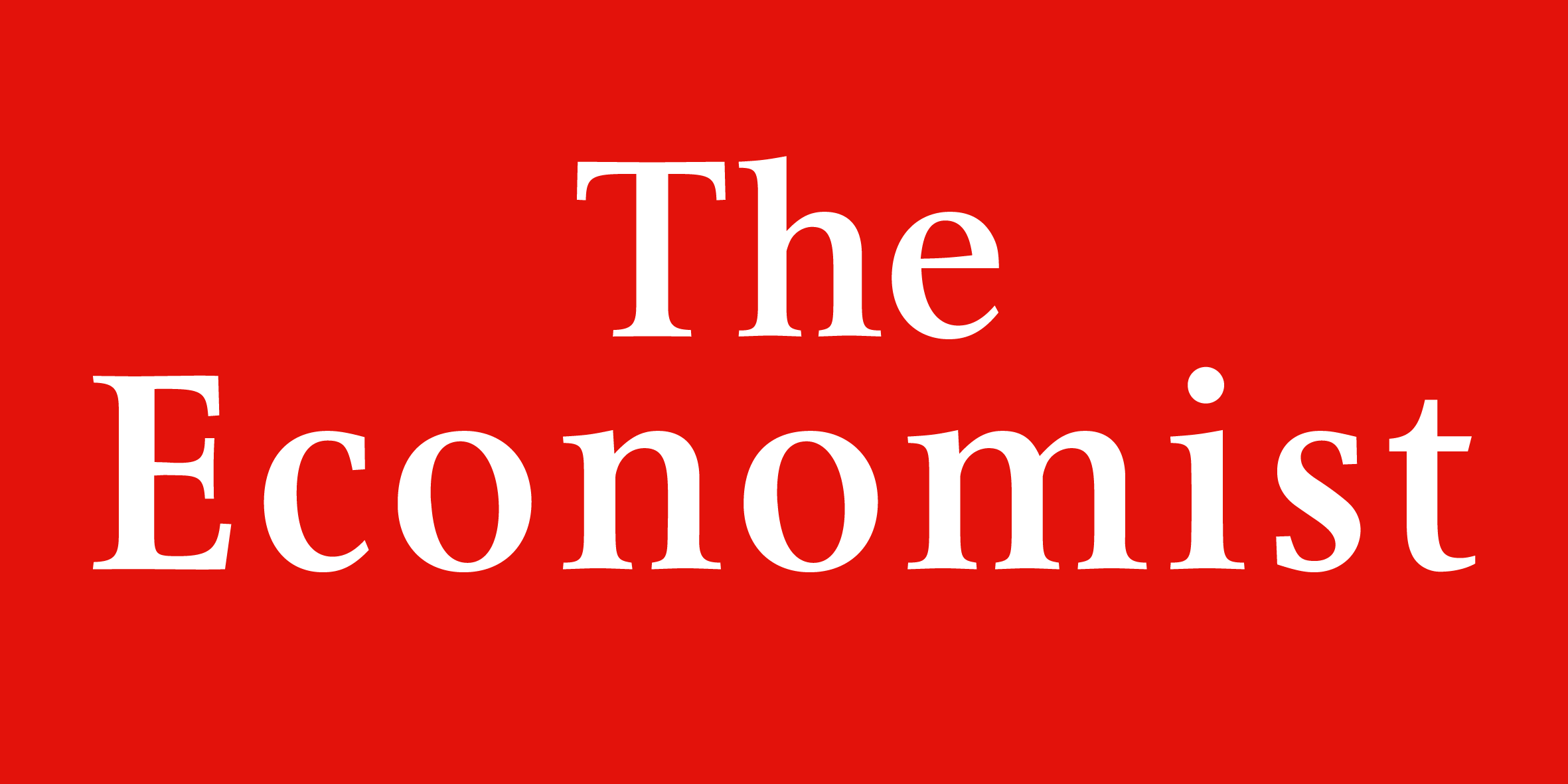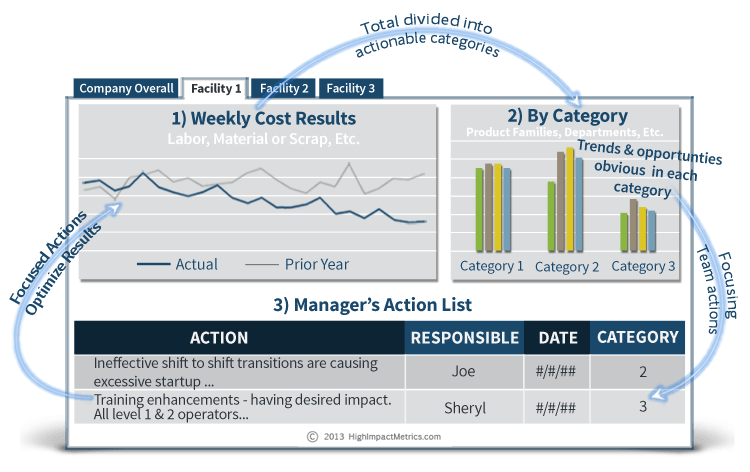In search of resilience
Precautionism; The quest for resilience involves reaching for facts, friends and fortification
When covid-19 led to a scramble for face masks, Lloyd Armbrust saw America’s shortage as “a really dumb problem to have”. But after his company’s first face mask came off the production line in Austin, Texas, he faced problems of his own. A small sensor went down, halting operations, and he realised that a replacement would take five days to arrive from Taiwan. He found himself competing for American customers with Chinese companies selling masks for less than they cost to ship. Without government intervention, he warned that America would again face shortages of crucial protective equipment. “We need to make some of this locally,” he says. “We just do.”
Mr Armbrust is not alone in thinking supply chains warrant government intervention. The virus came with a flurry of export restrictions on medical products and a plunge in Chinese exports that raised doubts over whether its production clusters had exposed the world to excessive risk. The private sector promises to adapt. Jacob Wallenberg of the European Round Table for Industry reports more plan Bs in place than two years ago, as well as supply-chain issues appearing on boardroom agendas. But inflation has now popped up as often as logistics, so the emphasis on just-in-case rather than just-in-time may prove fleeting.
Policymakers are unlikely to leave everything to private companies. Indeed, the Biden administration has blamed some vulnerabilities on the drive for corporate efficiency, and a goal of greater resilience now frames its trade policy. Luz María de la Mora, Mexico’s undersecretary for foreign trade, says “there’s a reassessment of how far we can go in this globalisation.” That means looking at strengthening domestic industry according to criteria beyond just the market. In Japan officials are considering how to maintain industrial bases in sensitive technologies and industries. The European Commission has adopted resilience as a “new compass for eu policymaking”, persuading even champions of open trade to fret about “strategic dependence”.








